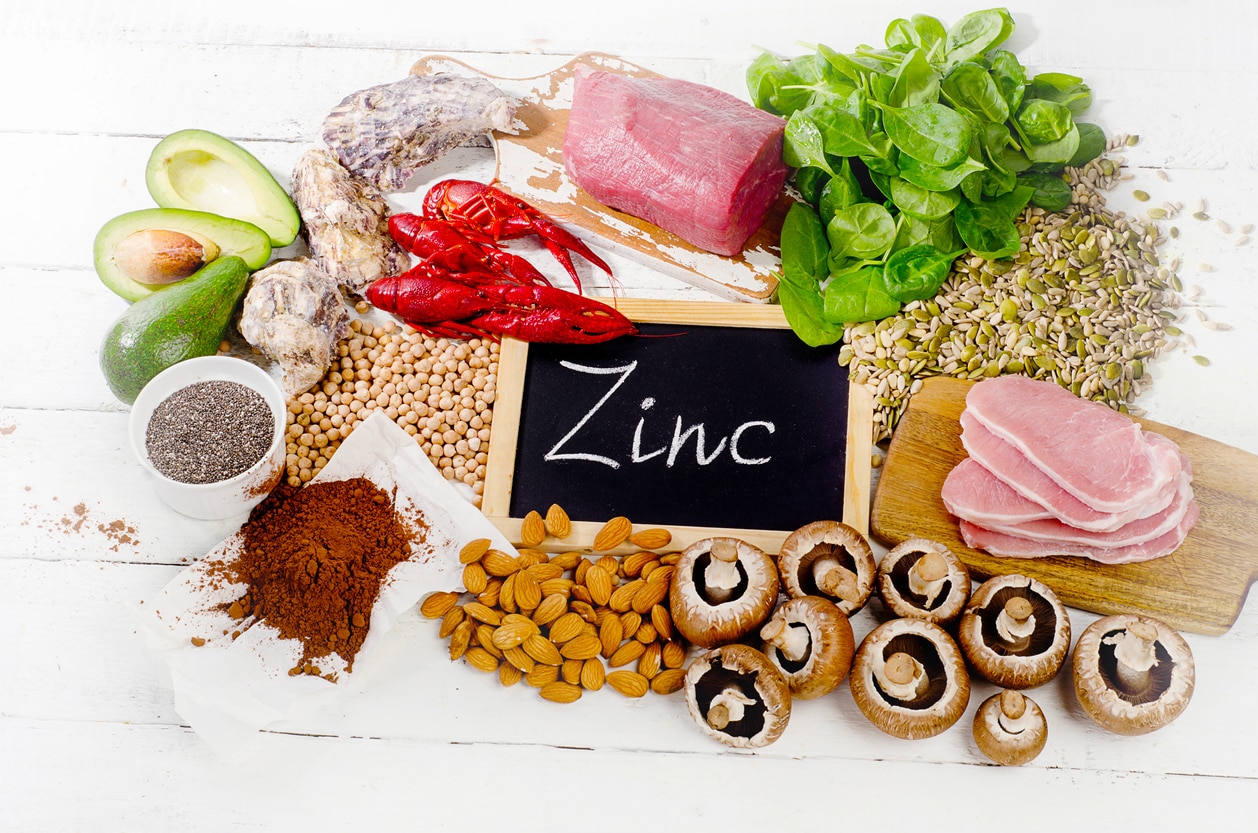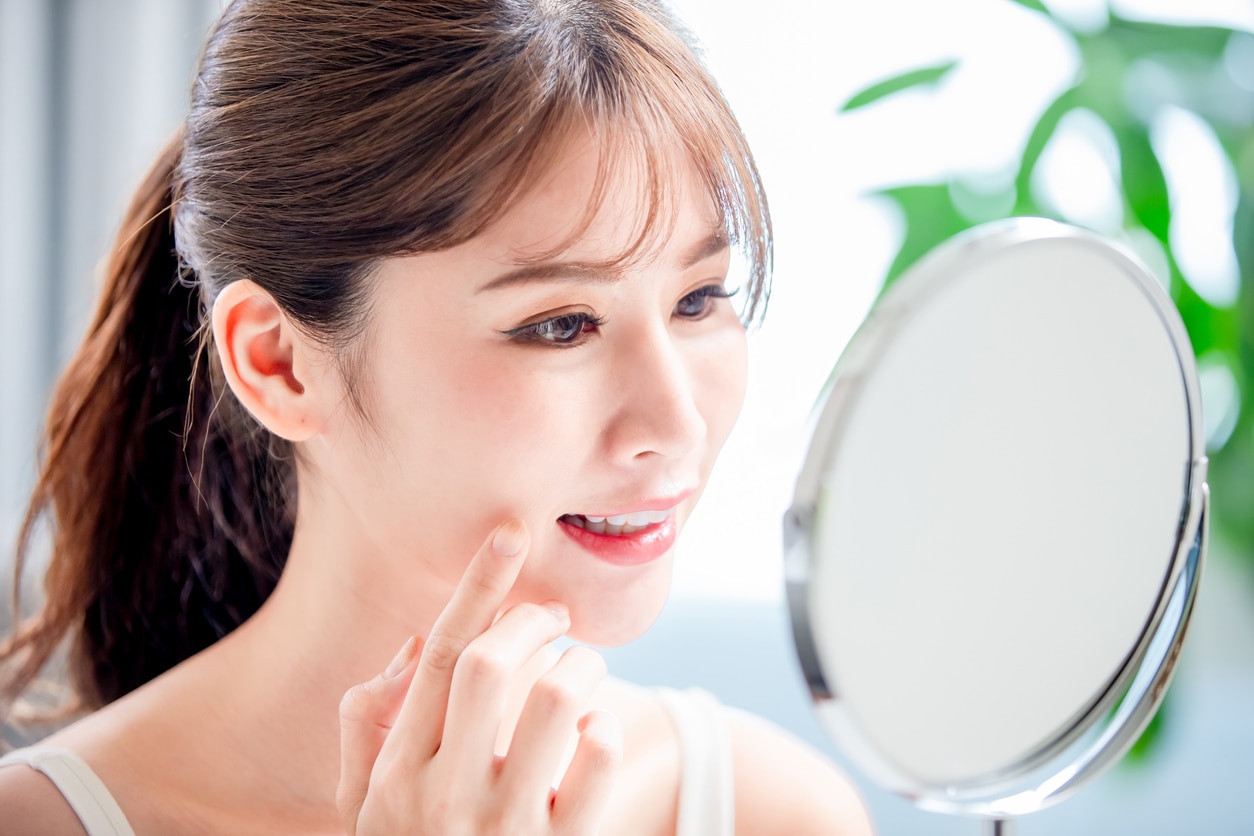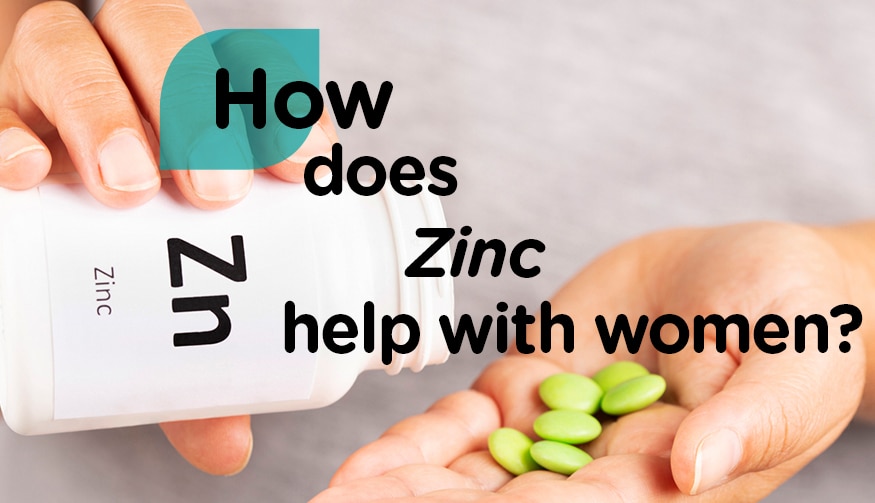Discover the incredible health benefits of Zinc for women’s health. From supporting reproductive health and boosting your immune system to promoting radiant skin and strong bones, Zinc is a key player in your wellness journey. Embrace the power of Zinc and unleash your full potential.
What is Zinc?

Zinc is a vital mineral essential for the proper functioning of the human body. It cannot be produced by the body, so it must be obtained through diet or supplements.
Zinc plays a key role in supporting immune function, DNA synthesis, wound healing, and protein synthesis. It is important for healthy skin, hair, and nails, as well as growth and development.
Good dietary sources of Zinc include seafood, red meat, poultry, beans, nuts, whole grains, and dairy products. However, excessive intake should be avoided.
Disclaimer: Please consult your physician for personalized medical advice. Always seek the advice of a physician or other qualified healthcare provider with any questions regarding a medical condition.
Crucial women’s health benefits of Zinc
1. Reproductive Health

Zinc is involved in the production and regulation of hormones, including estrogen and progesterone. These hormones are crucial for regulating the menstrual cycle, supporting fertility, and maintaining overall reproductive health.
2. Immune System Support
Zinc is known for its immune-boosting properties. It helps to strengthen the immune system, making it more resilient against infections and illnesses. This is particularly important for women, as hormonal fluctuations during menstrual cycles can temporarily weaken the immune system.
3. Skin Health

Zinc is beneficial for maintaining healthy skin. It aids in collagen production, which promotes skin elasticity, reduces the appearance of wrinkles, and supports wound healing. Zinc also helps regulate oil production, which can be beneficial for women dealing with acne or oily skin.
4. Fertility and Pregnancy
Adequate Zinc levels are crucial for fertility and pregnancy. Zinc is involved in the production of mature eggs and plays a role in supporting a healthy uterine environment for implantation. During pregnancy, Zinc supports fetal growth and development.
5. Bone Health

Zinc is involved in bone metabolism and helps in maintaining optimal bone density. It aids in the absorption and utilization of calcium, magnesium, and other essential minerals necessary for strong and healthy bones.
It’s important for women to ensure they have an adequate intake of Zinc through a balanced diet or supplements to support their overall health.











